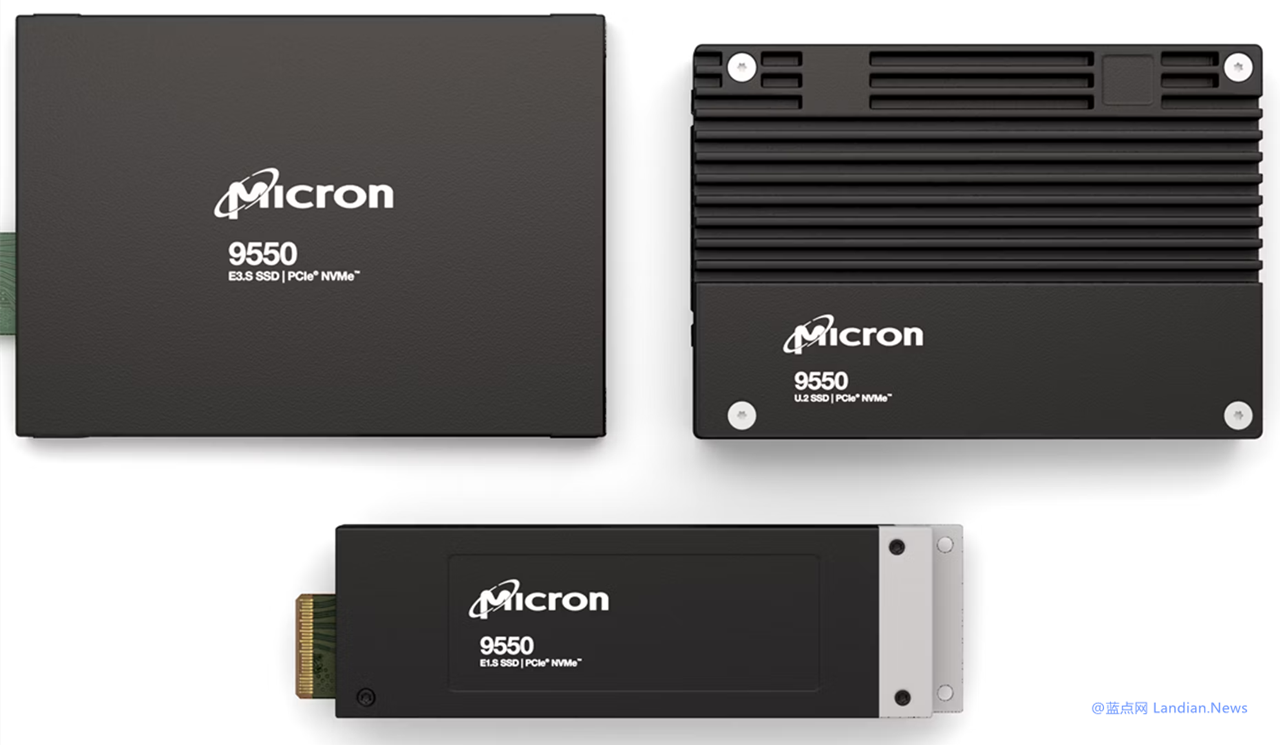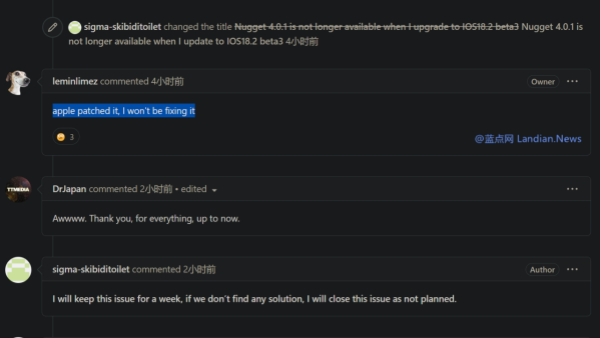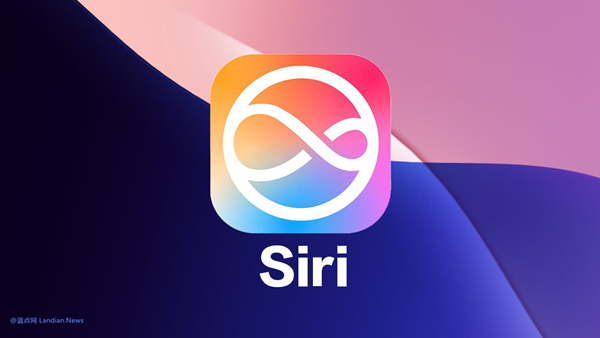Micron Launches PCIe 6.0 SSD for Data Centers with Staggering 26GB/s Read Speeds
Micron Technology has recently announced the release of its Micron 9550 NVMe SSD, designed specifically for data centers and based on the PCIe Gen 6 protocol. This solid-state drive boasts an impressive continuous read speed of up to 26,000MB/s.
To put this in perspective, the peak read speeds of solid-state drives currently on the market that are based on PCIe Gen 5 protocol are around 14,000MB/s. Micron's new SSD doubles this read speed, offering significantly higher performance.
Given its data center focus, the drive does not utilize the common M.2 interface. Instead, the Micron 9550 is available in U.2, E3.S, and E1.S versions, with thicknesses of 15mm, 7.5mm, and 15mm, respectively.
The Micron 9550 Pro series offers a maximum capacity of 30.72TB, while the Micron 9550 Max series offers up to 25.6TB. However, both the Pro and Max series have a maximum continuous read speed of 14,000MB/s.
After reviewing Micron's press release and the Micron 9550 technical specification document (PDF, in English), it was found that the drive itself indeed has a 14,000MB/s read speed. However, through integrated systems provided by partners, it can achieve up to 26,000MB/s of continuous read bandwidth.
Micron states that these SSDs are intended for use in artificial intelligence data centers, where their ultra-high performance can speed up data retrieval. This is beneficial during the training and utilization of AI models, helping to accelerate response times.
Furthermore, Micron plans to initiate a PCIe Gen 6 ecosystem, building a comprehensive upstream and downstream ecosystem for AI storage based on the Micron 9550 series, to promote the adoption of PCIe Gen 6 SSDs.
As for PCIe Gen 6 SSDs for consumers, they have yet to make an appearance. Given that the latest motherboards from Intel and AMD are currently only compatible with PCIe Gen 5 SSDs, it might be some time before Gen 6 becomes relevant for the average consumer. However, for most users, the speed provided by Gen 5 SSDs is already more than sufficient for everyday use.










